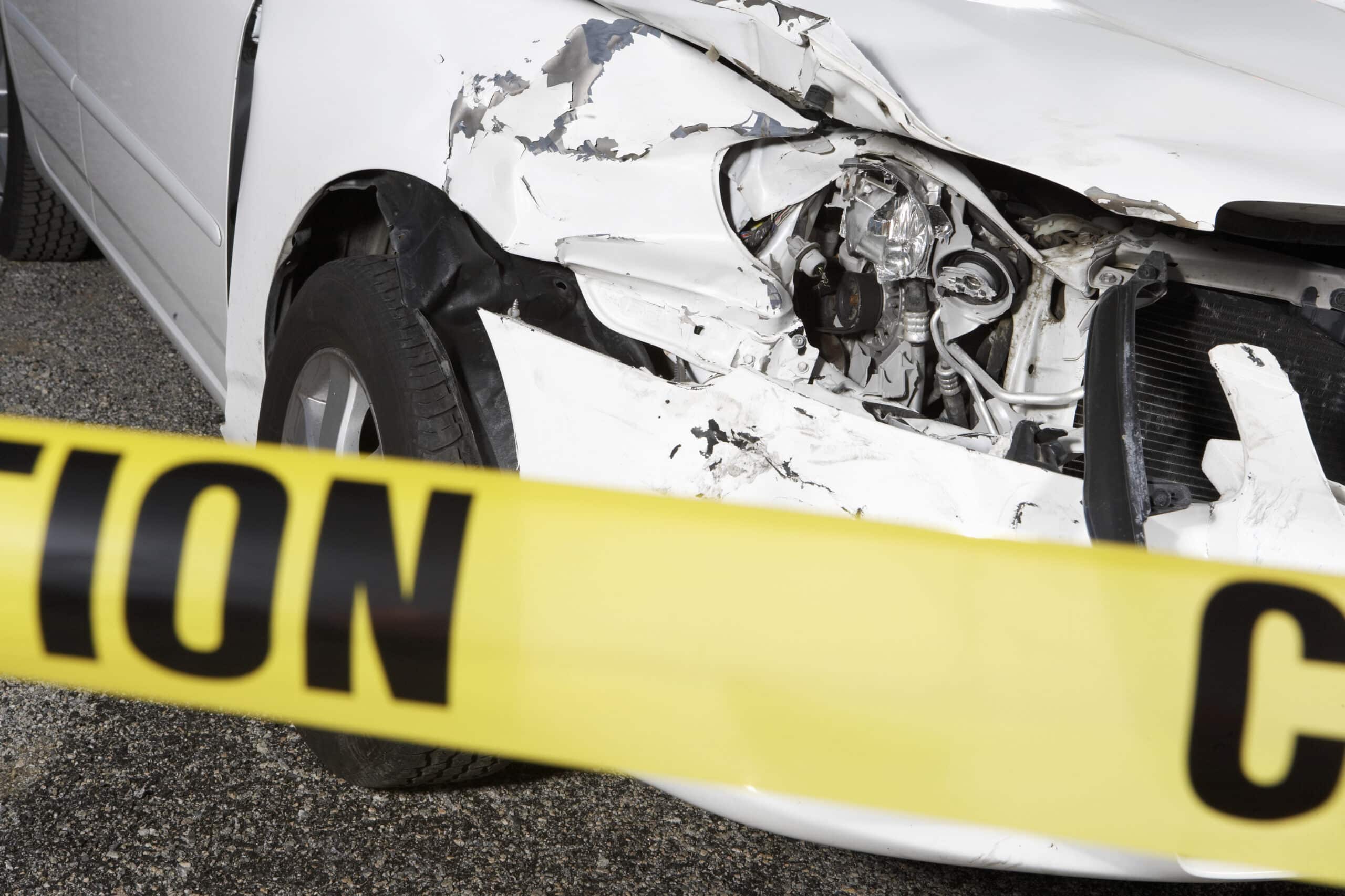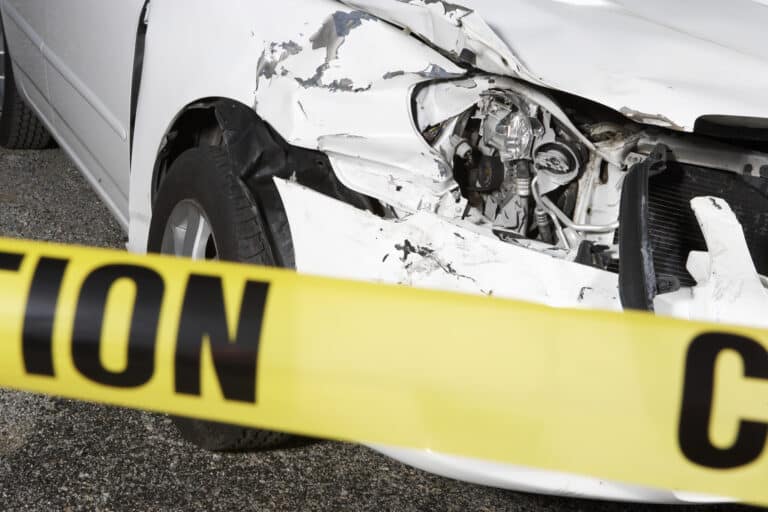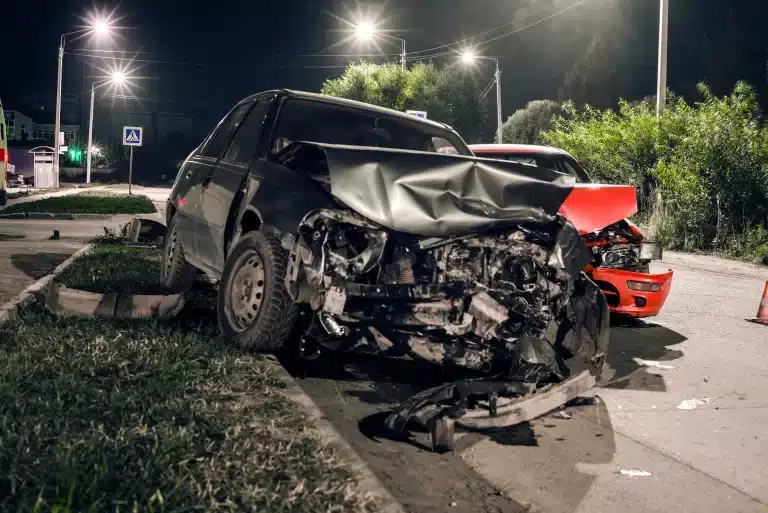Can I Be Sued Even If I Wasn’t Driving the Car?
Can I Be Sued Even If I Wasn’t Driving the Car? Understanding Florida’s Dangerous Instrumentality Doctrine
In Florida, car owners might be surprised to learn that they can be held liable for accidents, even if they weren’t the ones driving the vehicle. This is primarily due to the state’s Dangerous Instrumentality Doctrine. At Florida Civil Counsel, P.A., our team specializes in Florida personal injury defense and Florida Car Accident Defense, and we’re here to help you navigate this intricate legal landscape.
Why Am I Facing a Lawsuit When I Wasn’t Driving the Car?
It’s a question many vehicle owners in Florida ask when they’re suddenly facing a lawsuit. The answer often lies in their relationship with the vehicle involved in the accident. If a car owner has co-signed the vehicle or their name appears on its title, they can potentially be held responsible. An everyday example is parents being sued for an accident caused by their child using the family car.
Breaking Down Florida’s Dangerous Instrumentality Doctrine
This doctrine in Florida law stipulates that vehicle owners can be vicariously held accountable for the negligent actions of individuals who operate their vehicle, given they had the owner’s express or implied permission.
The core provision of the Dangerous Instrumentality Doctrine is that the owner of a “dangerous instrumentality” (in this context, a motor vehicle) can be held vicariously liable for damages caused by the negligent operation of that vehicle by someone they permitted to use it. In simpler terms, if you let someone drive your car, and they cause an accident, you, as the vehicle owner, can be held responsible for the resulting damages.
Implications for Florida Vehicle Owners
- Ownership and Consent: Liability under this doctrine requires two key elements: ownership of the vehicle and consent for its use. Consent can be explicit (e.g., verbally allowing someone to use your car) or implied (e.g., giving someone keys to your home where the car keys are easily accessible).
- Financial Responsibility: Given that vehicle owners can be held liable, they need to ensure they have adequate insurance coverage to protect themselves from potential lawsuits and significant financial loss.
- Leasing and Renting: Florida law has made specific amendments regarding leased or rented vehicles. Historically, rental car companies faced substantial liabilities under this doctrine. However, recent legal changes have capped the vicarious liability of rental car companies, provided they meet certain insurance requirements.
When Could I Be Liable as the Vehicle Owner?
To hold the vehicle owner liable, the injured party must validate the owner’s interest in the vehicle, typically through title documentation. For example, if a friend borrows your car and causes an accident in Florida, the law might hold you vicariously liable, potentially even if the incident took place in another state.
Key Exceptions to Florida’s Dangerous Instrumentality Doctrine
Fortunately, there are specific exceptions within the Dangerous Instrumentality Doctrine:
- Shop Rule: If a vehicle is left with a repair shop or valet, the owner might not be held liable for any negligent actions taken by these entities while the vehicle is under their control.
- Rental and Leased Vehicles: As mentioned, recent amendments provide certain protections to rental companies and vehicle lessors, capping their vicarious liability if specific conditions are met.
Florida’s Premier Car Accident Defense Attorneys
At Florida Civil Counsel, P.A., we’re more than just legal professionals; we’re dedicated champions in your fight for justice. Providing car accident defense across Florida, our mission is to ensure that those who are being sued because of an auto accident are equipped with the robust legal representation they rightfully deserve. Wherever you’re located in Florida, our team is readily available to evaluate your situation, equipping you with the knowledge and assurance needed to navigate post-accident proceedings. Connect with us via call, online chat, or submit an Online Case Evaluation to speak with one of our attorneys today.






